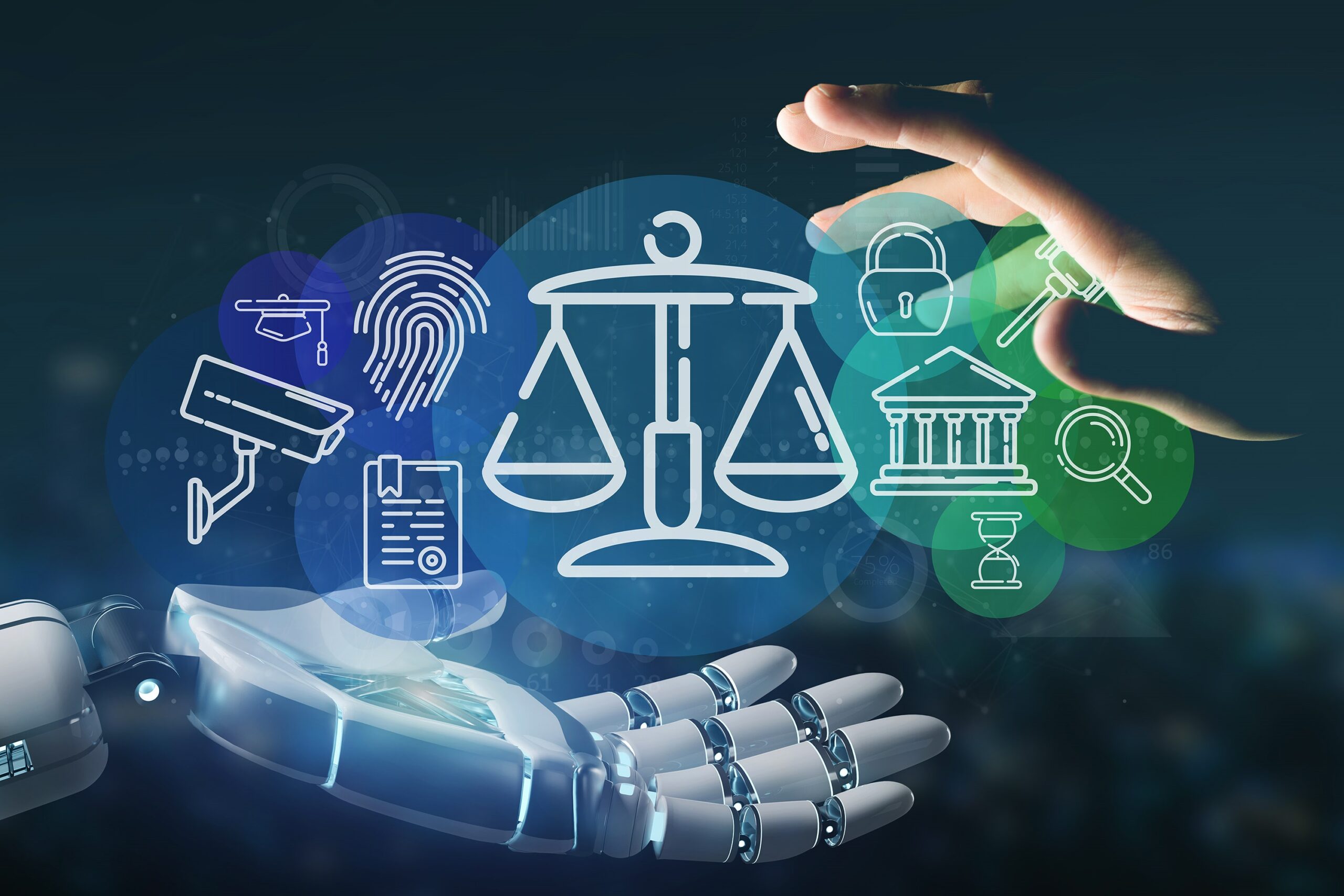Artificial intelligence is on the rise in all industries, and now it’s making its way into the legal system. In the United States, an AI developed by the American company DoNotPay will be defending a man accused of a traffic violation for the first time in court. This represents a major milestone for the technology and a step forward for legal representation for those who cannot afford it.
DoNotPay, a company known for its chatbot that is able to negotiate with customer services, has developed an AI that will be utilized during a court hearing for a traffic violation. The accused will be outfitted with headphones, through which the AI will formulate responses to the arguments presented by the prosecution. The technology, which is installed on a smartphone, will be able to listen to the arguments and construct a defense for the accused.
This hearing will be a test for the AI, which has not yet been proven in a trial setting. In order to allow for its use, DoNotPay found a loophole in the regulations of the relevant court; the earphones will be considered as a hearing aid in this instance. The location of the hearing and the identity of the accused have not been released.
DoNotPay is dedicated to making legal representation accessible and affordable to all, and has agreed to reimburse all charges to the defendant, including potential fines imposed by the court. A second test of the AI is planned during a hearing conducted over Zoom and involving a speeding ticket.
The AI, named Avocado AI, is based on OpenAI’s GPT-3, the language model that ChatGPT was developed from. Unlike ChatGPT, Avocado AI was trained to stick strictly to the facts, so as to minimize the company’s legal liability and ensure accurate representation of the facts.
It is clear that there is still a long way to go before AI is able to plead in court. Along with ethical considerations, there are also issues of bias to take into account, particularly in facial recognition. However, the use of AI in legal representation is an exciting development and it will be interesting to see the impact it has on making legal representation more accessible and fair in the future.

